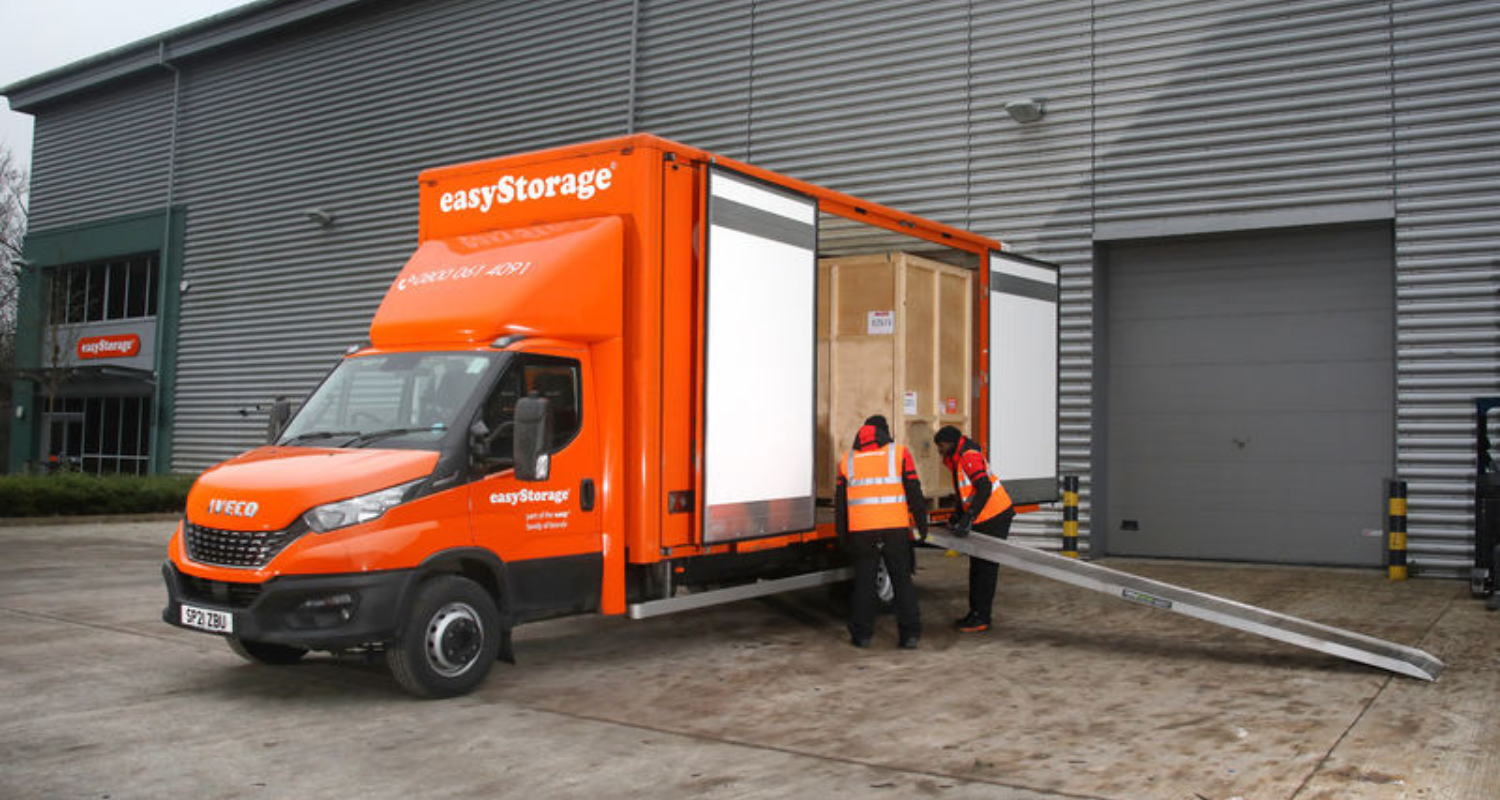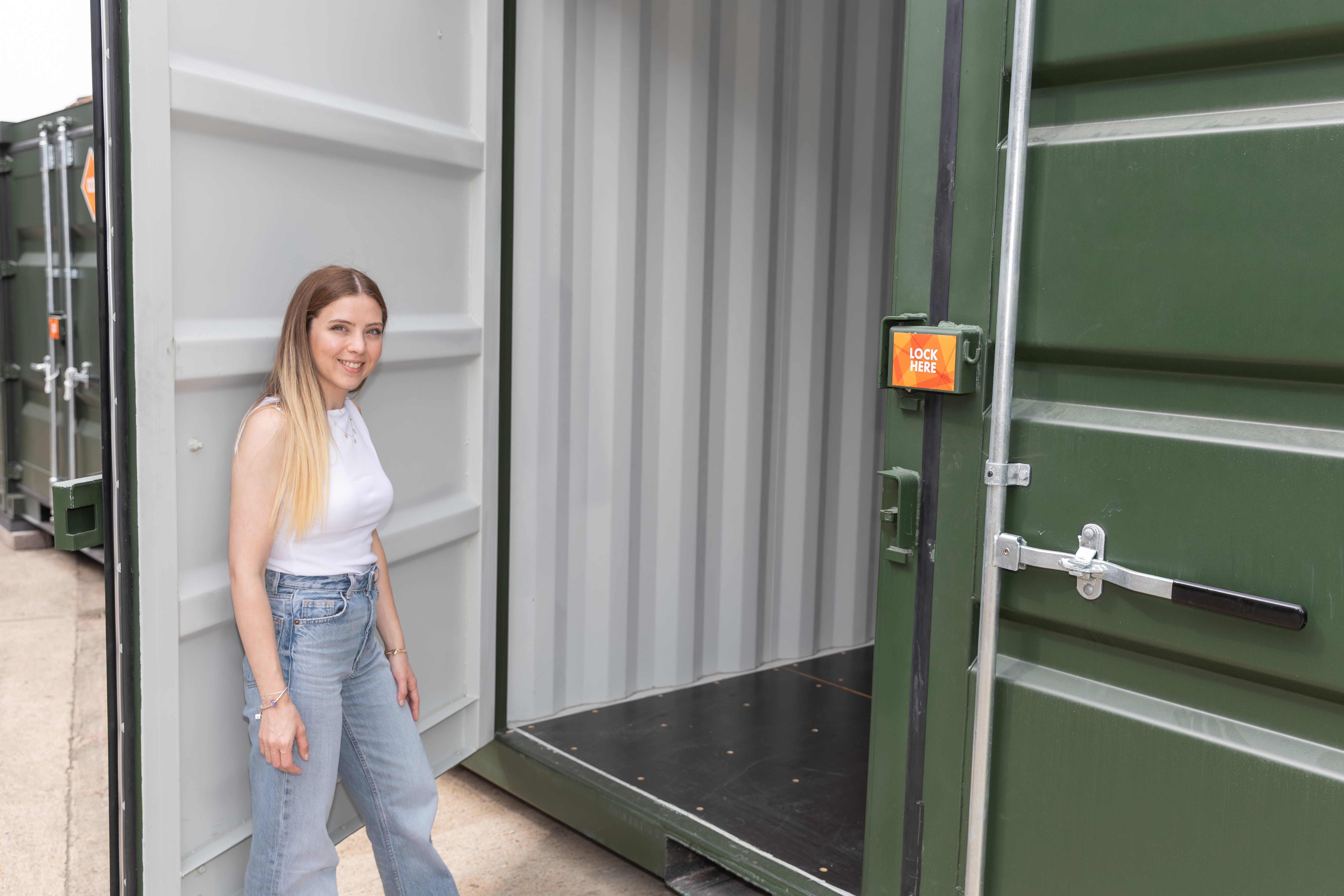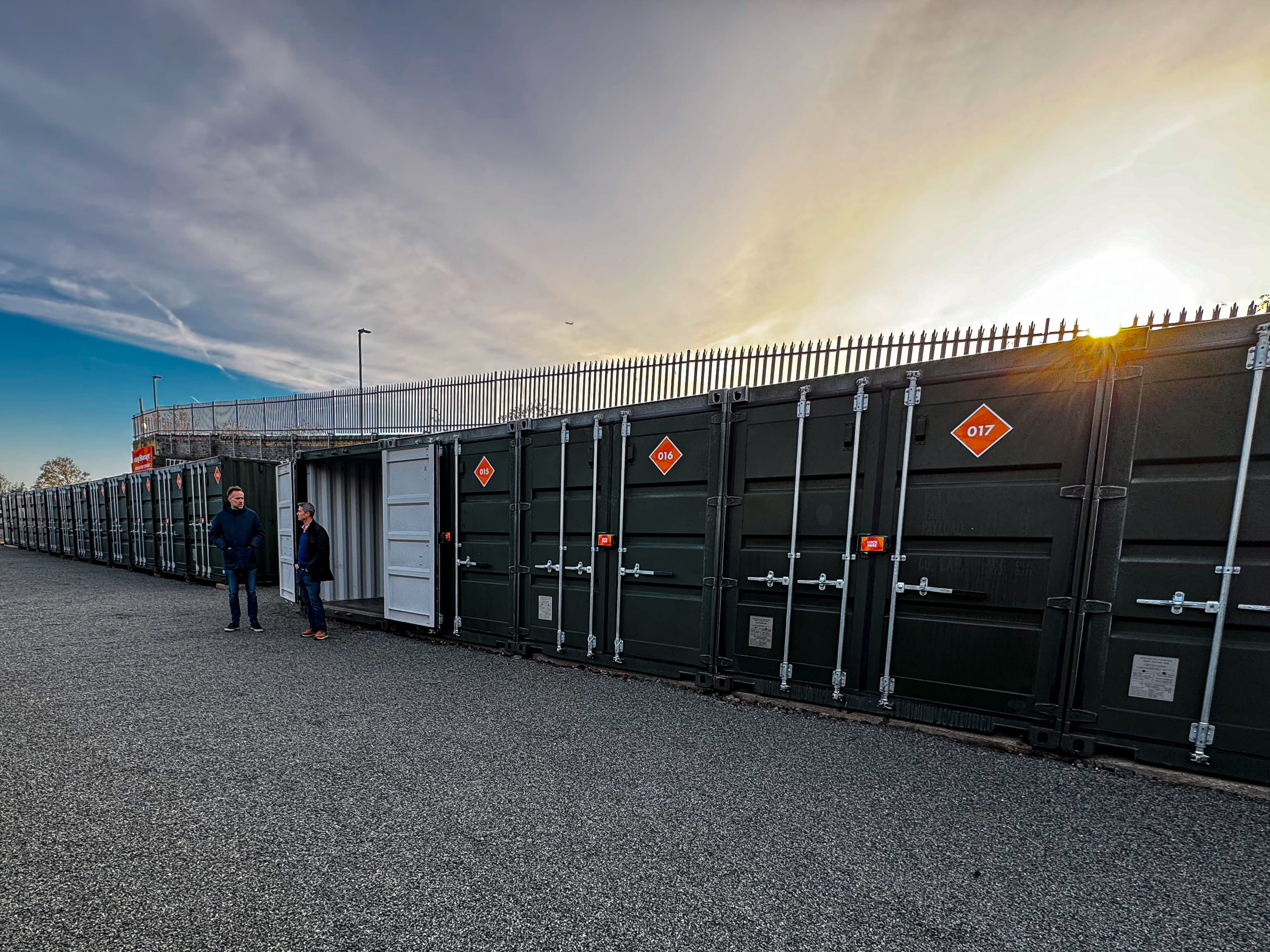Student House Share Survival Guide
Moving into a student house with friends can be exciting, but can also make or break your friendships. Some are beautifully kept, especially where the owner lives in them, but others are just, well, student digs!
Almost 2 million full time and sandwich students were recorded in the latest statistics, and the student accommodation business is worth 60 billion pounds a year to the UK economy, between building and rental.
You’ll find the experience invaluable: 60% of 20 to 39 year olds are likely to be renting by 2025.
But what are the factors likely to make it a success? Here’s our ten point plan of things to consider.
1. Start looking for flatmates as far in advance as possible
Choose flatmates carefully. Your friend’s ability to perform amazing tricks with their body parts etc may be funny on the odd occasion, but can you live with it? Don’t ruin a friendship by moving in with someone you like but can’t live with.
Your student halls, if you even had them over the COVID period, are a good place to start as you’ve already lived together to some extent.
If you are moving in with a group of well-established friends as the ‘outsider’, can you get to know them better before deciding? Feeling left out can be miserable, no matter how nice the house is. Or you may prefer it that way – you have your own friends, partner, life. Only you can decide, but try and ensure it’s right for you.
2. Find somewhere to share
This can be the fun bit, or an utter nightmare, with the best properties going fast. Look for students about to leave Uni, the finalists. They may well have somewhere you would like, or have some good advice.

3. Check contracts when you find the share
A quick checklist of basic things to look at might be:
· Amount of rent?
· Are you individually or jointly responsible for rent?
· Length of contract?
· What happens over the summer months?
· What bills are and aren’t included?
· Rules and regulations such as pets, putting things on walls, painting, cleaning etc.
Many universities provide accredited schemes, which are worth looking into.
Also take a good look at the inventory – what’s provided and what will you, between you, need to provide?
4. Room allocation
Room allocation is always tough. In an ideal world, a house would have all of its rooms ‘en suite’ and the same size, but back in the real worlds of housing and of budgets, unless accommodation is built specifically for sharers, it’s not going to happen. You’ll need to decide what’s fair. Smallest room, smallest rent? Rotating rooms every number of months? Organiser picks first? Agree before you go and look and then things are clear. They can change by consensus, but have the conversation before it becomes an issue.
5. Communal spaces
Shared communal areas are great. But they can also be contentious. You may need to agree some ground rules.
Increasingly, any living areas are being used as extra bedrooms to save money. Is this alright with all of you? Can you live shoved into your bedroom all the time? Is the kitchen big enough to cope?
Do your rooms have enough space to act as study spaces?
These are questions with no right/wrong answer, but follow your instinct. If something’s not right for you, you may be a long time unhappy, losing friends and affecting your studies.

6. Organise to save space
If you all turn up with the same things, you will end up with a lot of clutter and tight on storage space.
Decide in advance who is bringing what, things like tea towels, kettles, etc if not provided by the landlord.
When it comes to allocating kitchen storage, remember to play fair – not all cupboards are the same size and height.
The places where you may need to consider extra storage options, like shelving or extra baskets, boxes etc, are the kitchen, where you may have duplicates, and in the bathroom, where it’s unlikely that you’ll want to share personal hygiene items.
If you have a lot of bulky things, or lots of duplicates, some universities have storage arrangements with us at easyStorage, and some regions have special offers locally. If you call freefone 0800 061 4091, you may be able to grab a student storage deal – the friendly folk at the end of the line will sort out what they can do for you, with no pressure or obligation.
7. Practicalities
Don’t take for granted that everyone has the same ideas – discuss in advance how you are going to manage the following:
· Utility bills
· Shopping
· Cleaning
· Bathroom clashes
· Washing machine use/management/sharing (including washing soaps and conditioners, descalers etc)
There are several potential areas to trip up with these things:
· Who pays for what
· Rules over using at certain times of day to save electric bills
· Someone ending up with the lions share of costs or work
Talking about it and organising yourselves may seem over the top to begin with, but an agreement will head it off at the pass.
Consider things like rotas, booking times in advance when you need them, sharing washes – they’ll make life run a lot smoother and can always be changed later.
8. The fridge
The fridge can become a battle zone in any shared space.
Lay down rules between you for its use and cleaning. In shared homes it can be easy to forget whose item is whose, or that you’ve bought something that’s since gone off.
Fridges can become little petri dishes for mould if not regularly cleaned and managed.
And then there’s the fridge picker – the person whose midnight snacking habits mean that fish that you bought as a special treat is gone before you get a chance to even look at ; or the ‘just a splodge of milk’er – the one who constantly runs out of milk or butter and so ‘borrows’ yours.
Agree in advance how you’re going to manage it. For example:
· Are you buying and cooking together? If so do you need rotas for buying, cooking, washing up? What happens if someone’s not there?
· What can and can’t be touched?
· Are you sharing common things like milk and butter, or buying individually?
· How will you know whose is what? Marking it up? Different shelves?
· Whose going to be in charge of the fridge ‘maintenance’ – cleaning it and chucking out things that have gone off? Do you need a rota? Are you just going to be responsible for your own shelves? What about the freezer space?
By knowing in advance what everyone’s expectations are of each other, you can save a loot of pain – and mouldy food! – later.

9. Entertainment
Ask yourselves:
· Do you need to turn off music after a certain time?
· Are you ok with parties in the house?
· What about smoking?
· Can you have people to stay? If someone regularly has a partner to stay, what’s reasonable before they should be expected to contribute to bills etc?
· Is there a shared music system? Television? In all honesty, these things usually sort themselves out, but if you have a particular request or dislike, say so before you move in.
Around exam times, you’ll need to be especioally considerate. The fact that you’ve had your last exam won’t necessarily apply to your flatmates. Agree to be considerate and you’ll get on a whole lot better. And remember that people get stressed, and can be snappy. It passes.
10. Possessions
Agree in advance what can and can’t be used communally – like that music system mentioned above, or your super splinky iron.
And agree what you’re going to do to keep each other’s possessions safe, like locking doors as you leave or not having anyone upstairs.
Whatever you decide to do – happy sharing.
If you’re a student needing storage or a student going home for holidays, here’s how easyStorage can help!
.png)




.png)










